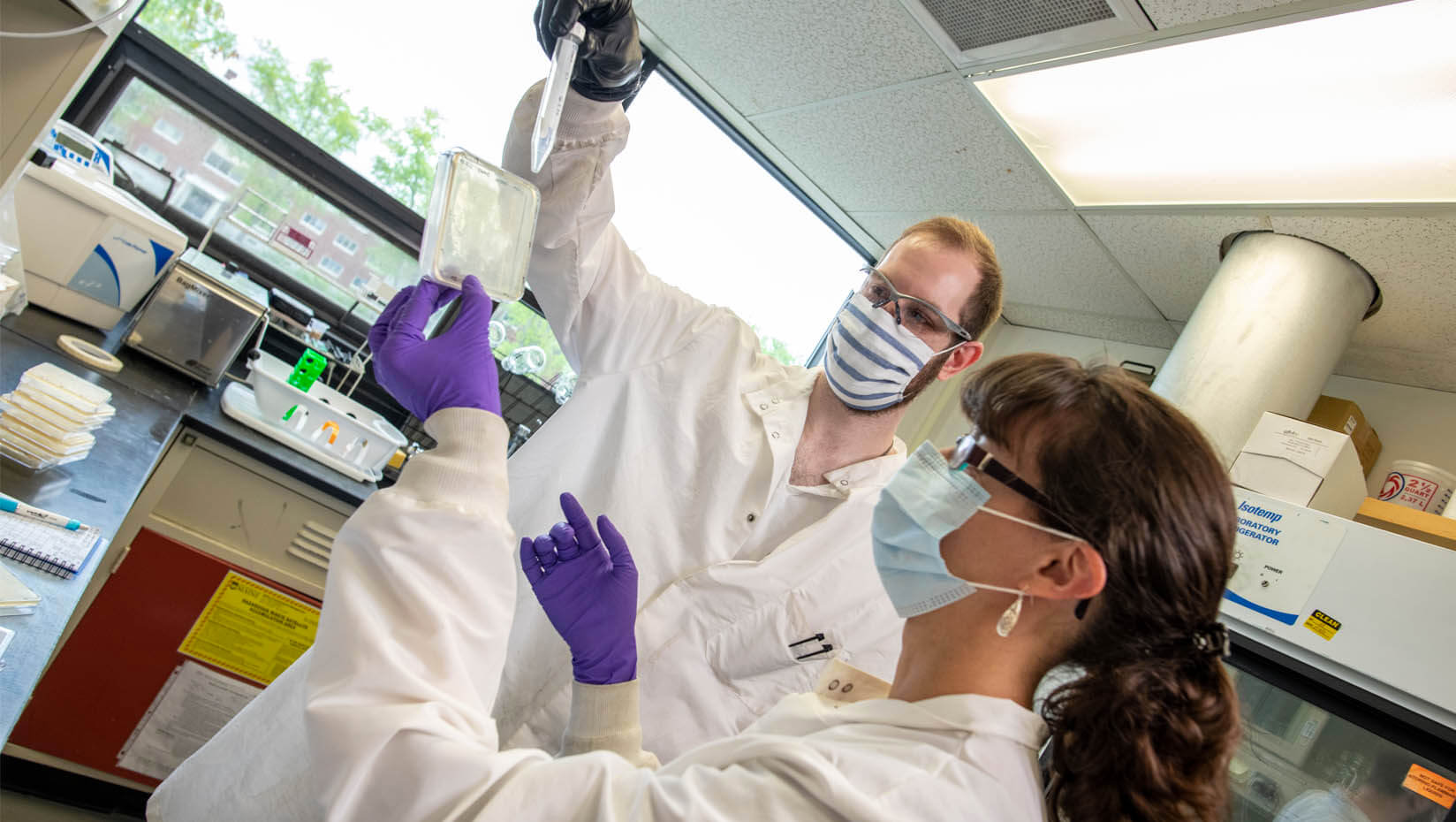
- Image via Wikipedia
The structure of the university in the 21st century is changing rapidly after its evolution into a multiversity in the 20th century.
But as universities are being restructured to best serve the society of tomorrow, are their curricula reflecting these changes and the development of new and possibly even unformulated new disciplines and areas of inquiry?
“No,” says a consortium of educators that range from Arizona State University to University of New Delhi, India, and Wissenschaftskolleg zu Berlin , Germany, who have launched a website (www.curriculumreform.org), hoping to spur a radical transformation in international educational reform.
Their call for “reform-minded educators to unite” is featured in a correspondence piece in the Oct.14 issue of the journal Nature. The “Call to Reshape University Curricula,” was authored by consortium members Manfred Laubichler, Arizona State University; Yehuda Elkana, Wissenschaftskolleg zu Berlin, Germany; and Adam Wilkins, Centre de Recherches Interdisciplinaires, France.
The website hopes to bring educators together, as part of a larger, global movement to abolish the archaic disciplinary isolation and static teaching practices of the 19th and 20th century, and replace them with pedagogy that addresses the complexity and diversity of perspective of a global community in the 21st century.
“We’ve shifted from a liberal education to a research and practice-focused education,” says Laubichler, a professor in ASU’s School of Life Sciences, director of the Center for Social Dynamics and Complexity and member of the Center for Biology and Society. “While the structure of the university is changing, effort to reform the curriculum is trailing behind. It doesn’t reflect the complexity of issues that the society faces, nor does it give students the tools to deal with rapid changes in technology, social and intellectual change.”
“This discussion runs deep in higher education in Europe but rarely does it focus on the need for new curricula as one, but essential, means for grappling with the above outlined problems,” says Elkana, who is president and rector emeritus of the Central European University in Budapest, Hungary.
The consortium’s website lays out 11 principles, guides for rethinking curriculum that its developers hope will create a basis for international dialogue. Among the challenges to reformation of undergraduate education has been lack of continuity, collaboration and shared vision.
The Latest Streaming News: Higher Education Curricula updated minute-by-minute


